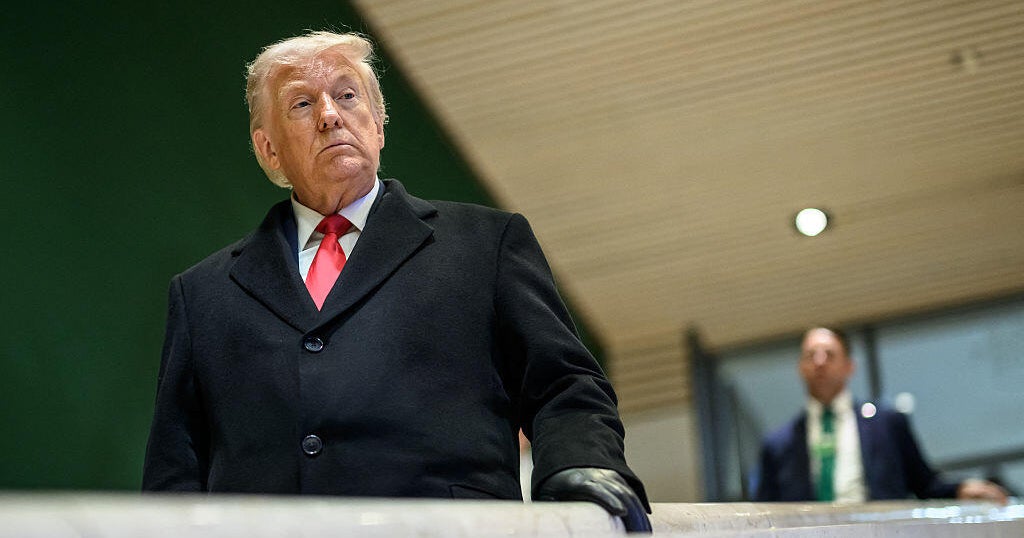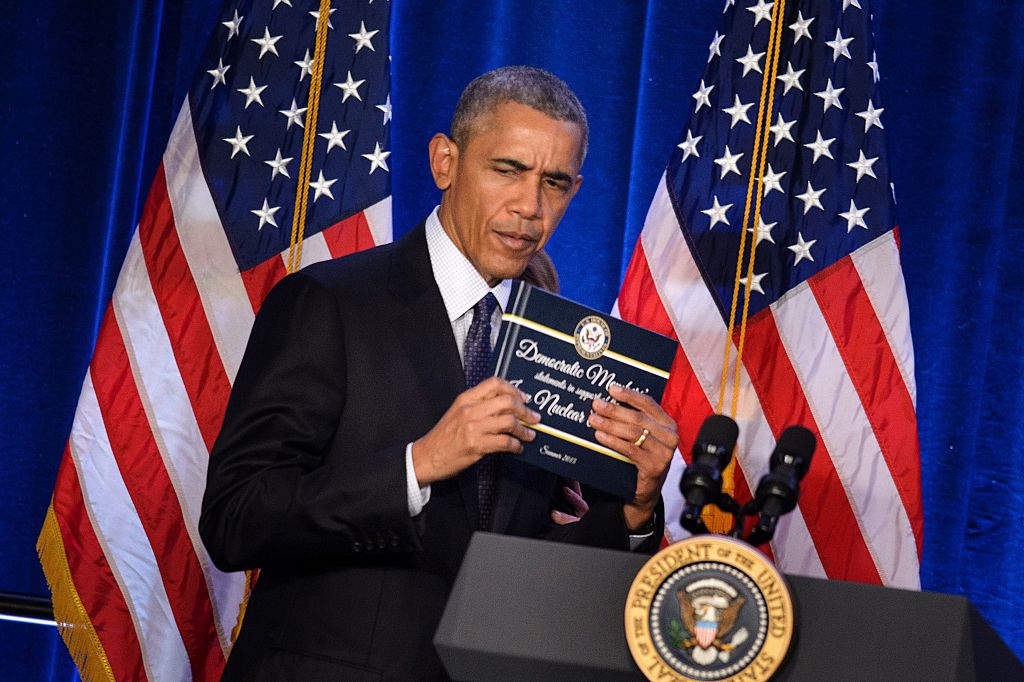Liz Cheney says U.S.-Taliban peace deal raises concerns like Iran nuclear deal
Washington — Representative Liz Cheney, the No. 3 Republican in the House, reiterated her criticism of the historic peace agreement between the United States and Taliban, saying the deal raises concerns akin to those she had about the Obama-era Iran nuclear deal.
Cheney said during a House Armed Services Committee hearing Tuesday that she reviewed classified documents sent to Capitol Hill related to the peace deal signed Saturday and lamented that the full agreement and relevant information did not have mechanisms Secretary of State Mike Pompeo said would be included.
"What we have seen with this agreement now concerns me as much as the Iranian nuclear deal did, now that I have seen the documents and now that there seems to be still no verification mechanism by which we are going to enforce any of the so-called Taliban promises," Cheney said.
The Wyoming Republican said the U.S. is making a "number of concessions" to the Taliban under the agreement signed in Doha, Qatar, on Saturday.
Cheney said she was "pleased" to hear Pompeo say over the weekend that lawmakers would be able to see the full terms of the deal. In an interview on "Face the Nation," he said the agreement included a mechanism to ensure the Taliban is meeting its obligations and that the group agreed to renounce al Qaeda. But after reading the additional documents in a secure facility Tuesday morning, Cheney said they "do not include in them the things that Secretary Pompeo said they would."
"I've read the documents and my concerns remain," she said. "I'm not going to talk about what's in the documents, a number of them are classified, as you know, but the documents that have been sent to the Hill do not include those things."
Cheney, the House Republican Conference chair, also suggested that the Trump administration is shielding the full agreement from the American people.
"The documents have been seen by the Taliban, so I believe that the American people deserve to know what agreement has been entered into our name with the terrorists who harbored those killed 3,000 Americans on 9/11," she said.
Pompeo and other administration officials traveled to Doha for the signing of the peace deal with the Taliban. The agreement between the U.S. and Taliban militants calls for a drawdown of forces in Afghanistan from 13,000 to 8,600 in the next 135 days, followed by the full withdrawal of all troops within 14 months.
The deal also lays out the details of a prisoner exchange, with up to 5,000 Taliban to be released in exchange for 1,000 imprisoned Afghan security forces by March 10.
The Taliban, meanwhile, must not allow its members or members of other groups including al Qaeda to use Afghanistan to threaten the security of the U.S. and its allies. The Taliban and Afghan government are required to begin peace talks by March 10.
In his interview with "Face the Nation," Pompeo acknowledged the road ahead in Afghanistan would be "rocky and bumpy" and said there is no "false illusion that this won't be a difficult conversation."
But he called the deal an "important base" to bring American troops back to the U.S.
Pompeo acknowledged criticisms from Republicans, including Cheney, about the deal and said members of Congress would be able to see all implementation documents that are classified.
"There aren't any side deals," he said on "Face the Nation," adding the peace deal is a "fully transparent agreement."
Pompeo also said the Trump administration was successful, unlike its predecessors, in securing a commitment from the Taliban that it would break from al Qaeda, a point refuted by Cheney.
Cheney's comments came before President Trump confirmed Thursday he spoke on the phone with Mullah Abdul Ghani Baradar, a senior leader of the Taliban.
"We had a good conversation," Mr. Trump told reporters at the White House. "We've agreed there's no violence. We don't want violence. We'll see what happens."
In addition to the president speaking with the top Taliban official, Pompeo revealed Sunday he met in Doha with a senior Taliban negotiator, a photo of which was obtained by The Wall Street Journal.





